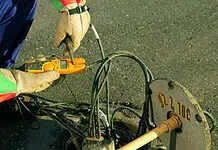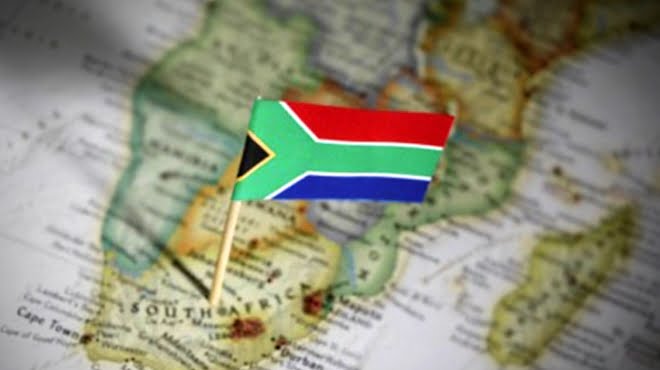Trade and Industry Minister Rob Davies says buying local has never been more important as the country pushes to industrialise its economy.
The Minister was speaking on the second day of the 6th Buy Local Summit in Johannesburg.
“Local content is one of the important policy levers in the IPAP [Industrial Policy Action Plan], as it leverages public expenditure and responds to a myriad of economic challenges facing South Africa,” said Minister Davies on Tuesday.
Minister Davies said localisation helps to minimise import leakages, which represent an outflow of funds. At the same time, localisation increases aggregate demand and supply in the South African economy.
“This is a tool that has been deployed by almost every country in the world at any time when embarking on industrialisation. The Preferential Procurement Policy Framework Act (PPPFA) regulations require all organs of State to purchase only locally-produced goods at a prescribed level of local content.
“For each designated product, except pharmaceutical products, there are instruction notes that regulate the environment within which government departments and public entities may procure designated products,” said Minister Davies.
He said that 21 products and commodities have been designated for local procurement with stipulated minimum thresholds of localcontent and more are in the pipeline.
The economic objective of local procurement is for local manufacturers to receive a substantial share of government business, where sustainable order books will contribute to the development of local industries and the creation of jobs.
“Local content, therefore, must not be seen only as a supply chain instrument to be implemented by procurement officers. Well designed and implemented local content can open up opportunities for local economic development in the furniture, clothing, textiles, and cable sectors.
“This will require pooling of purchases through transversal contracts at national, provincial and local spheres of government,” said the Minister.
Total current investment in building and construction is about R380 billion, the industry having grown sevenfold since 2000 when investment was only R55 million. Public sector expenditure accounts for 55% of this at R210 billion.
From March 2015 to July 2016, almost R57.06 billion has been locked into the country as a result of local content requirements, mainly as a result of the rail rolling stock fleet procurement.
“It is imperative that the majority of this expenditure benefits the SA economy and leveraged to develop domestic manufacturing supply chains. Government must buy locally produced goods at a massive scale.
“South African manufacturing companies have and are developing capabilities, skills and expertise to manufacture, assemble and supply most priority sectors,” said Minister Davies.
Source















